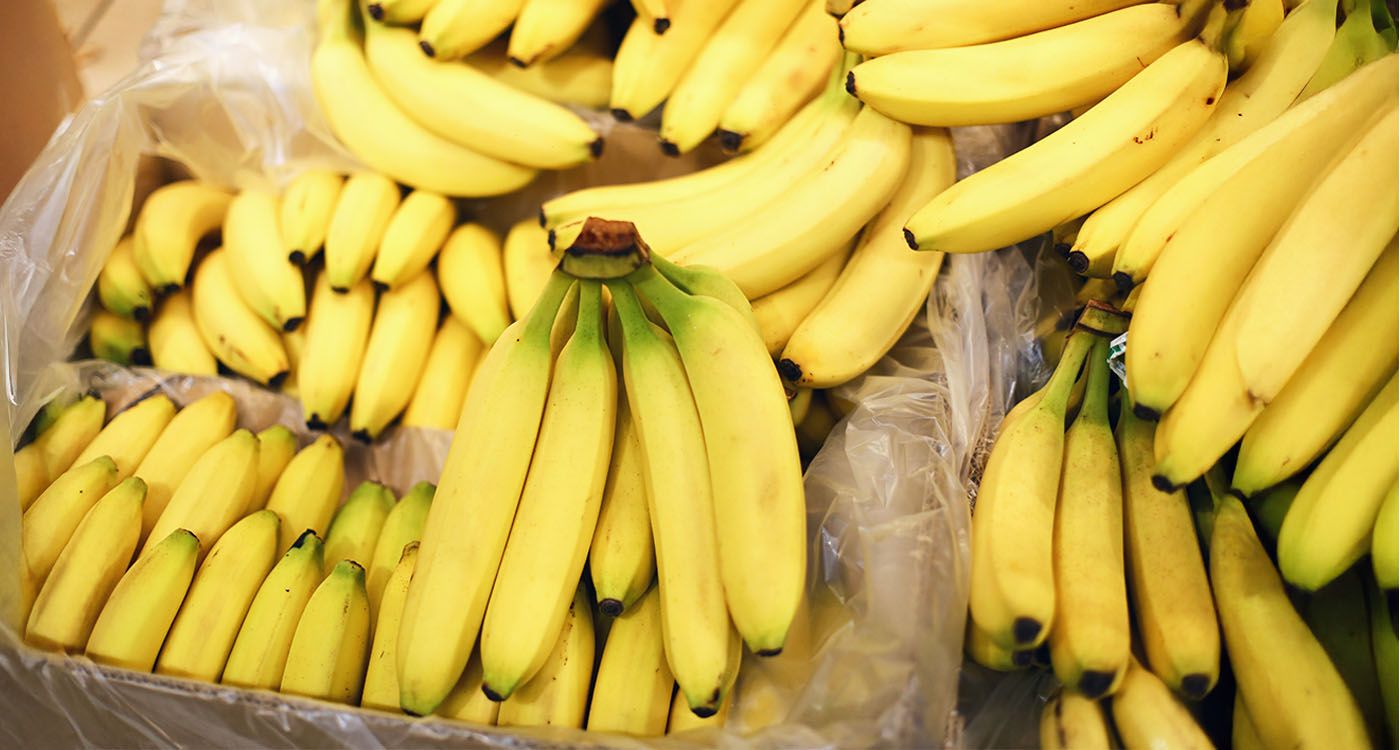
Despite a ruthless disease threatening banana plantations worldwide, Lebanese growers keep smiling. With southern heat, clever greenhouse techniques and local know-how, Lebanon’s bananas continue to thrive… and turn a sweet profit.
Under the southern Lebanese sun, banana trees proudly stretch their lush green leaves, standing tall against climate challenges, crises and conflict. In this fertile, humid region, bananas have become more than a crop; they are a national specialty.
“We produce between 80,000 and 100,000 tons a year, and demand keeps rising,” says a grower from South Lebanon. The season runs from September to May, filling markets with golden fruit. During the dry summer months, Lebanon imports bananas – ironic for a country that exports nearly 30% of its harvest to Syria, Iraq and other Arab markets.
TR4: The Invisible Threat
Yet beneath this success lies a hidden danger. TR4, or Tropical Race 4, is a fungus that attacks banana roots and causes plantations to wither. First appearing in Southeast Asia in the 1990s, it has spread worldwide, prompting the FAO to warn of a “silent global crisis.”
In Lebanon, farmers remain confident. “Yes, TR4 exists here, but we control it and take preventive measures,” the grower explains. Careful use of insecticides and protective practices keeps the infection limited to 20–30% of trees. “Most plantations are covered by greenhouses,” he adds, structures that shield plants from the fungus and slow its spread.
Innovation and Resilience
Lebanese growers are not giving up. Supported by international organizations, they are testing resistant varieties and improving soil treatment methods. The fight against TR4 is collective, as the survival of this lucrative sector depends on it. Bananas rank among Lebanon’s most profitable crops, alongside avocados.
“When the borders with Syria and Iraq were closed, prices fell,” recalls the grower. “But now exports are resuming, and the market is stabilizing.”
In a country where crises often outpace harvests, the banana remains an agricultural success story. It embodies the resilience of rural Lebanon, which continues to cultivate its golden fruit with determination – despite disease, conflict, closed borders and import costs.
Lebanese bananas are far from done making headlines. And if TR4 tries to bring them down, each season proves that here, even the fruit knows how to fight back.




Comments